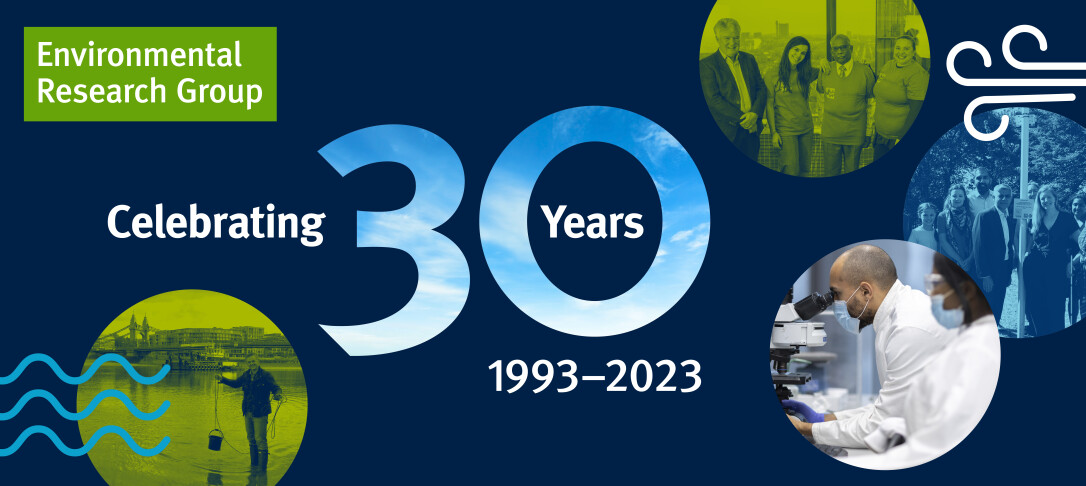
Welcome to the 5th seminar of the six-part series celebrating Environmental Research Group’s (ERG) 30 years of research in environment and health, in partnership with the Policy Forum
The aim of the afternoon is to understand the air pollution and health co-benefits and trade-offs of UK pathways to achieving Net Zero.
We have a keynote talk by Prof Andy Haines on ‘Health co-benefits of climate mitigation action ’, followed by Dr David Joffe from the Climate Change Committee on ‘Choices on the pathway to Net Zero’, and Dr Daniela Fecht from Imperial College London on ‘Socioeconomic impact of net zero policies’.
We will then focus on net zero road transport and domestic and commercial heating impacts in 2030, 2040 and 2050, and will discuss a range of mortality, morbidity and socioeconomic outcomes. The results have been established through a National Institute for Health Research funded project (https://www.fundingawards.nihr.ac.uk/award/NIHR129406) working with our collaborators the Climate Change Committee.
‘The air pollution and health co-benefits and trade-offs of UK pathways to achieving Net Zero’.
Please note, seats are limited, and tickets (though free) will be required. The agenda for the day is as follows:
14:15 Registration and refreshments
14:45 Welcome and introduction
- Dr Sean Beevers, Environmental Research Group, Imperial College London
14:50 Keynote
- Prof Andy Haines, London School of Hygiene and Tropical Medicine, Health co-benefits of climate mitigation action.
15:15 Guest speakers
- Dr David Joffe, Climate Change Committee, Choices on the pathway to Net Zero.
- Dr Sean Beevers, Environmental Research Group, Imperial College London, The air pollution and health co-benefits and trade-offs of the Net Zero in the UK
- Dr Daniela Fecht, School of Public Health, Imperial College London, Socioeconomic impact of net zero policies
17:00 Closing remarks
Followed by drinks reception until 18.00.
About the Organisers
The Environmental Research Group at Imperial College London combines air and water pollution science, toxicology and epidemiology to determine the impacts of environmental pollution on health and the causal factors. We work closely with those responsible for air and water quality management to support policies and actions to minimise air and water pollution health effects.
Imperial Policy Forum is the College’s policy engagement unit. It connects Imperial researchers with policymakers to discover new thinking on global challenges. Through IPF, policymakers develop relationships with Imperial researchers working in subject areas relevant to their work, sharing the latest research to support evidence-informed policy development. IPF also supports researchers to better engage with policymakers and to understand government’s research needs.